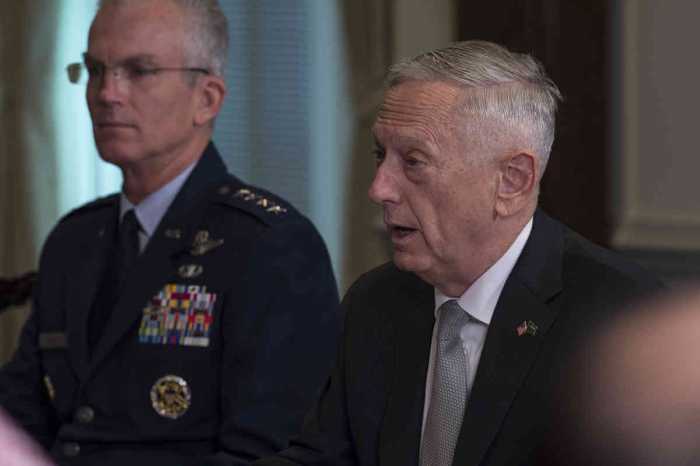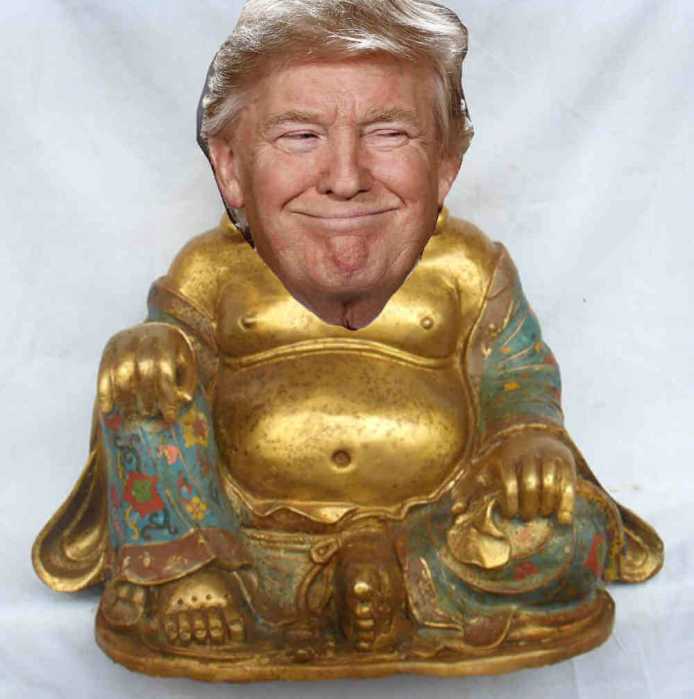The Seine River floods Paris, indifferent to our social concerns. | KELLY COGSWELL
Donald Trump is all my fault. So are the Bernie Bros. I left the door open behind me and they snuck in with their red-faced, white-knuckled rage. I didn’t know it would matter. Since mostly anger and rage propelled people onto the streets to protest dyke-bashings and people dying of AIDS, I tried to provoke raw emotion when I co-founded the Gully online magazine in 2000 and first started writing commentary. I thought if only people knew about police brutality, the stolen election, anti-gay campaigns and betrayed revolutions, and poverty… If only we shared enough facts, explained them, drew connections, wrote about them with enough feeling to make them real, then people would be compelled to act.
Style was half the message. We wrote informally, usually in the first person. Sometimes we reported moderately, but often we ranted in outrage. It was the early days of the Internet and our truthful anger stood in refreshing contrast to the decrepit and sterilized style of the usual mainstream newspapers. Our first tagline was even “digested news, raw opinion from the queer edge of America.” Which meant we shouted. And why not? What else do you want from two dykes who had fought for years to draw attention to lesbian issues? Especially those affecting dykes of color and queers on the global front?
What we said was important and hugely urgent. Everything online always is, and this style became the norm so quickly that outrage now trumps content online, and shoutiness and rage are considered indicators of truth on both the right and the left. As we see the flowering of it in the presidential campaign this year, I find myself going around like the stereotypical librarian whispering, “Shhhhhhhhh,” and trying to write like the über-civilized Henry James because it’s the only way to ask what the endgame is these days, especially for so-called progressives. Liberation? Equality? Revenge?
Perspective: A Dyke Abroad
Anger and rage have their limits. At first, it’s liberating to voice them, denounce our oppressors, sneer at the powerful, and marvel at how our angry voices resound. But then we fall in love with the sound of them. Outrage becomes a habit. It narrows our gaze until we sometimes confuse the goals of justice or social change with a simple desire to humiliate and wound.
I recognize it in myself, trained to hate by a mother who was a specialist. A broken glass could set off an earthquake. She was worse during her divorce. I remember how she ranted against my horribly lazy, good-for-nothing father who really was kind of a dick. But there was something disgusting, too, about how the litany of her very real complaints, her grief and anguish always provided her with the grotesque satisfaction of a case proved. He was a monster with nothing redeeming at all. By contrast she was the victim, absolved and pure.
She took such pleasure in her hate, and with that hate the generalizations that always imply simplification and lies, the amnesia of her own failings. And sometimes I say, “Men are pigs,” or even, “I hate men” just to see what it feels like to dip my toes back into hate, to see if I can get myself worked up. But the man-hating lesbian stereotype just requires too much energy, and like most dykes I’m nearly indifferent to the category of men except maybe for an hour or two after getting harassed on the street, or trying and failing to find work without smearing on the lipstick and dick-sucking smile. If the myth persists it’s so that interested men can feel they’ve still got a central place in our female lives, and indirectly in our beds even if it’s just as the objects of scorn. In terms of persistence, hate is far better than love.
That’s really why I say “I hate men,” to remind myself of the consequences. How that “hate” joins and opposes “I” to “men” immediately gendering my body and brain as female, caging me with males condemned to a toxic masculinity. Phrases like that leave none of us free. Which is why feminists prefer to denounce patriarchy and its systems that subjugate women, instead of accusing “men,” so that all individuals have more room to maneuver. And more importantly, space to think and change.
In either case, hate is a trap, like shame. You can see the addicts online, the militants who take such pleasure in publically denouncing even unimportant people for racism or transphobia or misogyny, and the violent responses by bigots large and small to any accusation — until all sides seem inextricably bound together, with people as happy to be hated as to hate.
It’s hard to break free. I’m not sure we’re supposed to. Like a bloodless war hate distracts us from the real enemies, from grappling with the systems that are resistant to change and are, as well, as indifferent to our anger or fear as the floodwaters of the Seine.
Kelly Cogswell is the author of “Eating Fire: My Life as a Lesbian Avenger,” from the University of Minnesota Press.



































